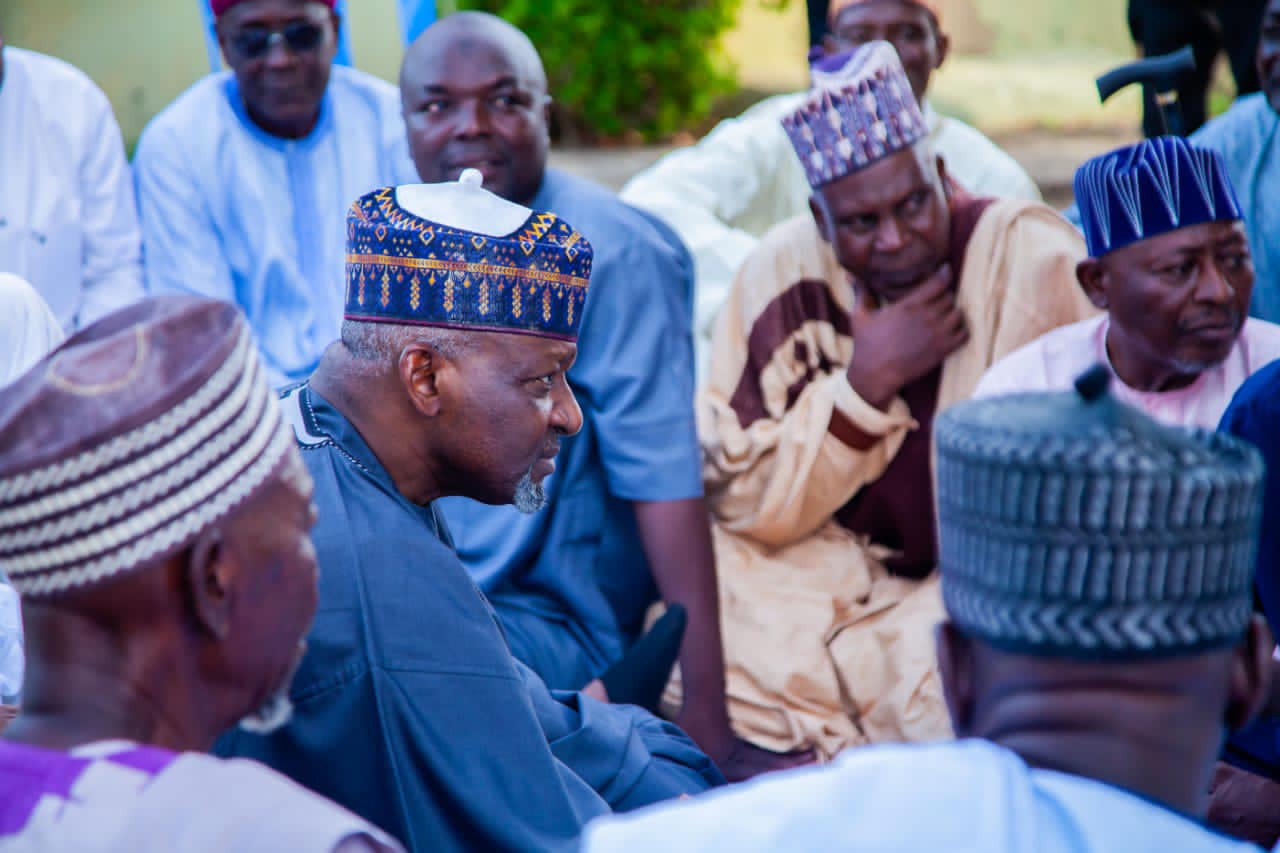As part of efforts to bridge admission gaps in the country, Miva Open University, a pioneering institution in digital education, is leveraging Artificial Intelligence (AI) to change the narrative.
With over 900,000 applicants denied admission yearly due to capacity limitations at conventional universities in the country, Miva believes the future of accessible, high-quality tertiary education lies in tech-powered learning.
Speaking at its launch in Lagos, the Chancellor and Group Chief Executive Officer of uLesson, Sim Shagaya, said the school is deploying a blended learning model as a perfect response to the urgent need for smart learning without pedestrian limitations.
Quoting data from the Joint Admissions and Matriculation Board (JAMB), Shagaya noted that about two million candidates sit its entrance examination into tertiary institutions every year.
“In the last Unified Tertiary Matriculation Examination, 2.02 million candidates sat the exams. Typically, about 1.5 million qualified for university admission, but there were only 600,000 available slots, leaving roughly 900,000 qualified students without access to higher education every year.”
To bridge the gap using emerging technology, the chancellor said Miva’s strategy is centred on an AI-powered teaching engine called ‘Mind.’ This platform, he said, offers a personalised learning experience designed to replicate and potentially exceed the quality of traditional classroom teaching.
“With this backdrop, Mind aims to scale education delivery without compromising quality. The AI adapts to each student’s learning style, tracks progress, and creates a tailored educational journey. It’s like having millions of personalised teachers, human faculty are still present, but the AI enables quality at scale, and at a lower cost,” he further explained.
While Miva is fundamentally a tech-driven open institution, it integrates physical touchpoints, a blended learning model combining digital delivery with real-world infrastructure. The Vice-Chancellor, Prof. Tayo Arulogun, noted that the hybrid approach addresses both cultural expectations and infrastructural realities in Nigeria.
“The National Universities Commission (NUC) recommends blended learning, not just online. So, we are providing physical centres where students can interact, access electricity, internet, labs, and other support systems,” Arulogun said.
While describing the deployment of blended learning as the first of its kind in Africa, Aruloguin said the Lagos centre is the first of many planned for major Nigerian cities, with more compact community centres slated for the 774 local government areas across the country.
“If you’re in Lagos or Abuja, you get a flagship centre. But if you’re in Mubi or Damaturu, you’ll still have access to internet and power, enabling full participation in our programmes,” he stated.
The vice-chancellor added that the institution aims to dispel the perception that the open university lacks real-world application by ensuring that students get hands-on learning, with facilities like computer-based testing (CBT) centres and virtual labs.
“We want students to get an experience close to what they would in a conventional university — labs, physical libraries, even face-to-face interaction with faculty,” Arulogun added.
Since securing its licence in 2023, Miva’s enrolment has increased from just over 500 students in its first cohort to more than 5,000 by the end of 2024. Projections indicate over 17,000 students by the end of 2025, with a target of surpassing 100,000 by 2027.
“Our goal is to eventually enrol one million students within a decade. This is achievable with technology and our scalable model,” he added.






